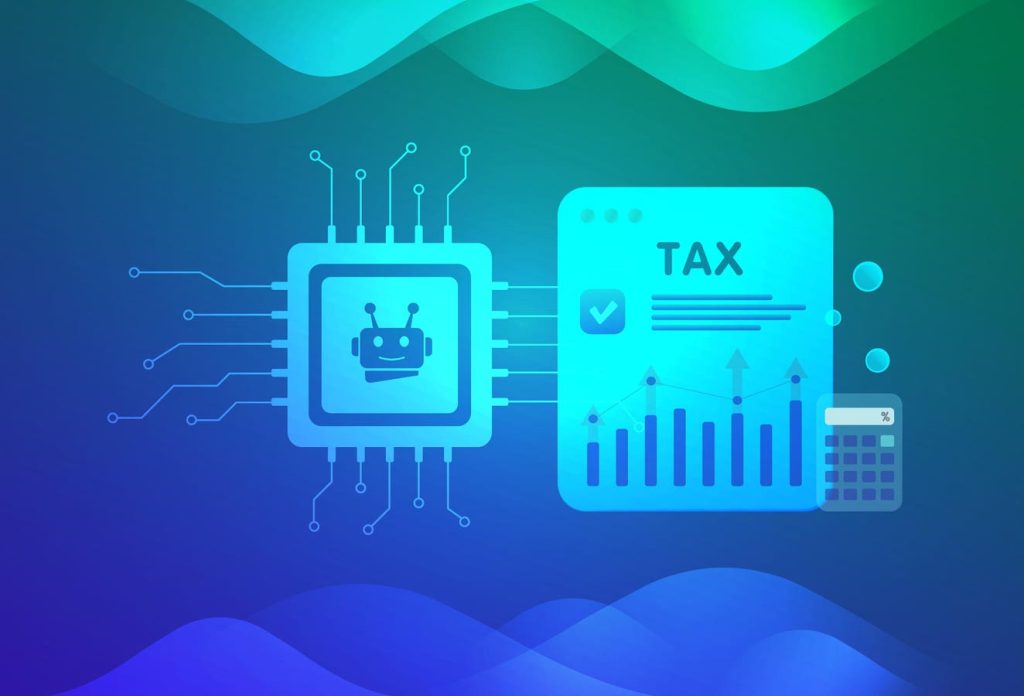In a recent episode of “In the Pages,” Tax Notes senior editor Robert Goulder and tax manager Alexandra Karadima discussed the transformative impact of artificial intelligence (AI) on international tax administration. Karadima shared that many countries, including Spain and Greece, are already employing AI-driven virtual assistants to aid taxpayers with common inquiries about tax filings, deadlines, and understanding various tax regulations. These virtual assistants reduce wait times for taxpayer assistance and improve accuracy in tax form completion by pre-filling data that the authorities already possess. This technological shift not only streamlines processes but also enhances taxpayer satisfaction through real-time support, thus fostering a more transparent and collaborative environment between tax authorities and citizens.
A noteworthy aspect of the conversation was the concept of “predictive justice.” Karadima explained that predictive justice leverages AI and data analytics to forecast legal outcomes based on past court rulings and other legal documents. AI tools can analyze vast datasets to identify trends and correlations that influence judicial outcomes, thereby guiding legal strategies for practitioners. While predictive justice can democratize access to legal information and improve efficiency, it also raises ethical concerns, particularly regarding biases inherent in historical data. Furthermore, reliance on predictive tools might undermine the critical judgment of legal professionals, emphasizing the necessity for careful implementation of AI in the legal sector.
The discussion also ventured into AI’s role in tax enforcement, particularly regarding audits. The IRS in the U.S. and tax authorities in Greece are increasingly utilizing AI to flag high-risk tax filings, aiming to enhance fairness and efficiency in audits. AI can analyze data from multiple sources—such as banking transactions and digital platforms—to detect potential fraud or evasion strategies. By developing profiles based on behavioral patterns, tax authorities can prioritize resources more effectively and automate routine tasks, improving overall tax compliance. However, the need for data privacy and ethical considerations in these practices was highlighted, underlining the importance of safeguarding individual rights while improving tax administration.
Karadima touched upon the complexities surrounding transfer pricing, where AI can play a critical role in analyzing intercompany transactions to identify compliance with arm’s-length principles. AI algorithms can bring efficiency to the processes involved in handling vast amounts of data related to transfer pricing, potentially flagging discrepancies and facilitating faster audits. Nevertheless, the complexity of such transactions means that AI cannot fully replace the expertise of human professionals in determining unique arrangements, emphasizing the need for a strategic combination of AI capabilities and human oversight.
The conversation also examined linguistic challenges in international tax, particularly in translating guidelines and rulings that often originate in English and French. AI tools can significantly improve the accuracy and efficiency of legal translations, facilitating clearer communications between tax authorities across different jurisdictions. This enhanced understanding could streamline mutual agreement procedures (MAP) and reduce disputes. However, Karadima cautioned that while AI can aid in overcoming language barriers, the application must involve human expertise to ensure context and legal integrity remain intact.
Finally, they addressed the potential tension between utilizing AI in tax administration and safeguarding taxpayer rights, particularly concerning the European Union’s General Data Protection Regulation (GDPR). Article 22 of the GDPR, which addresses automated decision-making, ensures that individuals have the right to contest decisions made solely by AI algorithms without human intervention. This regulatory framework becomes increasingly relevant as AI tools emerge in areas such as identifying high-risk taxpayers for scrutiny. Overall, the dialogue illuminated the multifaceted implications of AI implementation in tax systems, highlighting its benefits while simultaneously urging a balanced approach that respects ethical standards and individual rights in the evolving landscape of tax administration.










